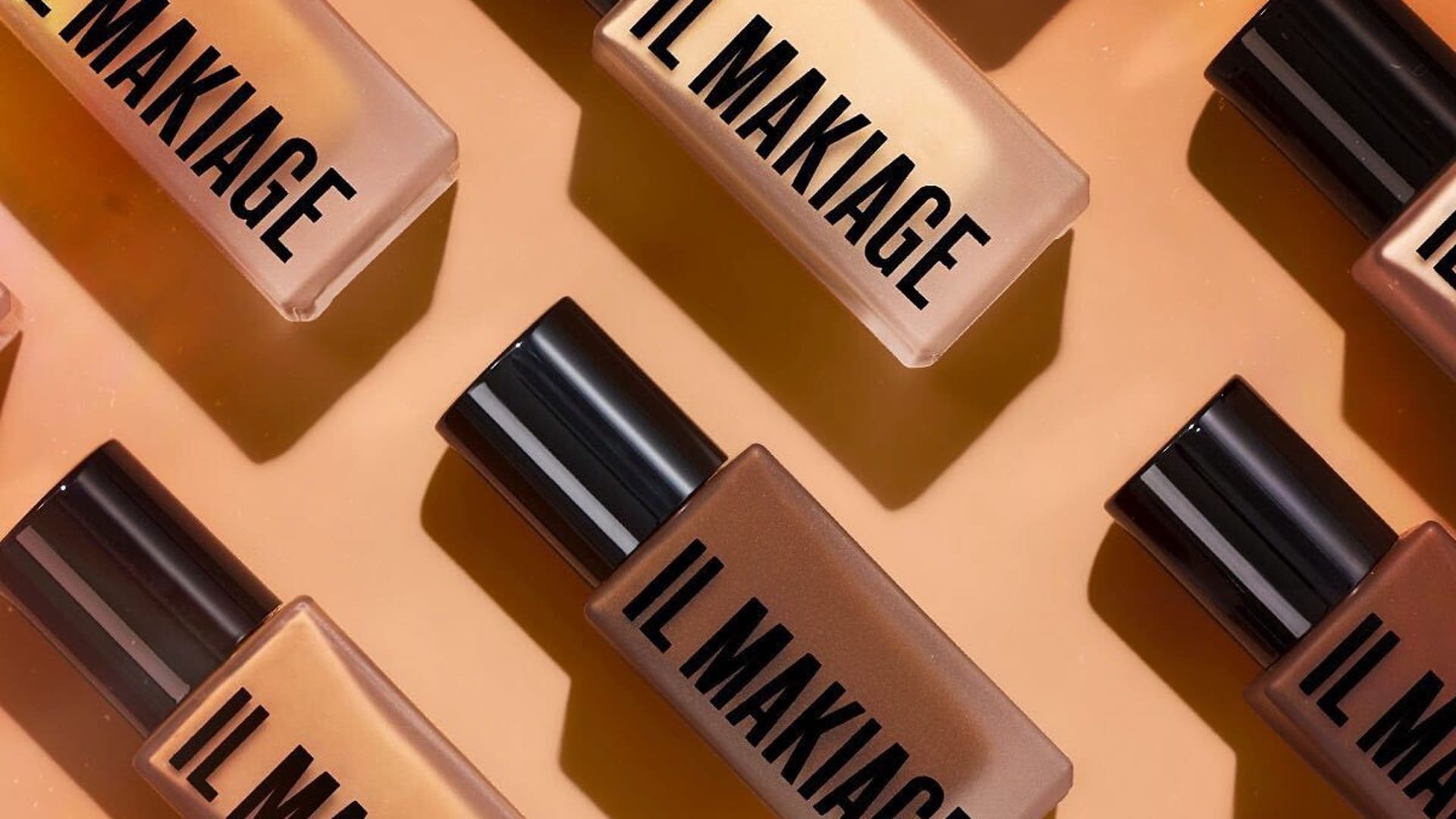Oddity Il MakiageCoutesy: OddityOddity Tech released preliminary third-quarter results on Monday that show expected revenue growth of 29% to 31%, driv
Oddity Il Makiage
Coutesy: Oddity
Oddity Tech released preliminary third-quarter results on Monday that show expected revenue growth of 29% to 31%, driven by repeat sales at its Il Makiage and Spoiled Child brands.
The newly public retailer, which started trading on the Nasdaq in July and uses artificial intelligence to develop products, had previously expected sales to grow by about 20.5% in the three months ended Sept. 30.
The Tel Aviv-based company didn’t share its exact sales figure for the quarter, but in the year ago period, it posted $68.9 million in revenue, finance chief Lindsay Drucker Mann told CNBC.
The company is also now expecting a gross margin of 68.5% for the period, one percentage point higher than its previous guidance of 67.5%, and margins on its adjusted earnings before interest, tax, depreciation and amortization to be at the high end of its previous range. Oddity is now expecting an adjusted EBITDA margin of between 21% to 21.5%, compared to its initial guidance of 20% to 21.5%.
So far this year, sales have jumped by about 58% with adjusted EBITDA of at least $89 million, Oddity said.
“It was strength across the board, upside from both Il Makiage and Spoiled Child. At the end of the day, our repeat revenues were stronger than we had expected and importantly, those sales were of very high quality so they came with some very strong profitability associated with them,” Drucker Mann said in an interview.
“We have these machine learning models at almost every part of the user journey. They’re responsible for the high satisfaction, which leads to our great repeat rates, it drives our strong profitability and our high growth. Without these models, we would never be able to print these results, we would just be another unprofitable [direct-to-consumer] company.”
Oddity is on a mission to disrupt the legacy beauty and wellness industry by using AI to not just select products for customers, but to develop them as well. It often boasts that it doesn’t hire from the legacy beauty industry and instead focuses on recruiting technologists, many of whom came from the Israeli Defense Forces’ best technology units.
In April, it announced plans to acquire biotech startup Revela and open the Boston-based Oddity Labs in a bid to make cosmetics that address age-old problems like hair loss and wrinkles. The lab is tasked with using AI to create brand-new molecules – a common tool used in the pharmaceutical industry to create new drugs, but one that isn’t widely used in the beauty and wellness industry.
In a statement, CEO Oran Holtzman said Oddity Labs is expanding faster than expected and “delivering game changing ingredient innovation.”
The company expects Oddity Labs to have 10 products ready for market in 2024. Over the next five years, it expects Oddity Labs to drive 30% or more of the company’s overall revenue, said Drucker Mann.
When Oddity first debuted on the public markets over the summer, it began trading with a 35% pop and saw its stock close at $47.53. Soon after, it reached a high of $56 per share but since then, Oddity’s stock has fallen by about 50%, with shares closing at $28.08 on Monday.
Drucker Mann said Oddity’s share price, along with the share price of other companies that recently went public, reflects “the natural ebb and flow of risk sentiment in the early stages of a market recovery.”
“Momentum can drive the short term, but fundamentals drive the long term and our fundamental story is super exciting, so we’re feeling really confident,” she said.
www.cnbc.com

COMMENTS